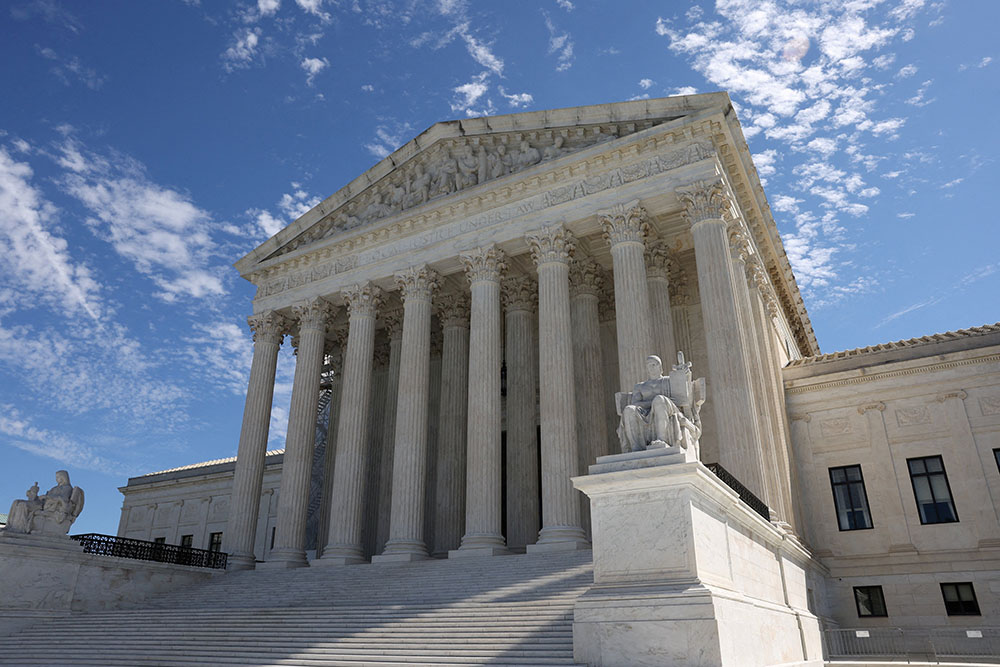
WASHINGTON — The Supreme Court said it would temporarily allow Idaho to continue to enforce its abortion ban in emergency rooms in medical emergencies and it also agreed to hear an appeal of the case this spring.
The court’s Jan. 5 order is the first time it is weighing in on a state law banning abortions since its ruling two years ago overturning Roe v. Wade. It will also be the second abortion case the court will hear this term. The other case is a challenge to the Food and Drug Administration’s rules for obtaining mifepristone, one of two abortion medications used in the United States.
The justices’ Idaho order temporarily put on hold a ruling by a federal district court requiring emergency rooms in the state to provide abortions to pregnant women in emergency situations in line with the federal law Emergency Medical Treatment and Labor Act. Known as EMTALA, it requires hospitals receiving Medicare funding to offer “necessary stabilizing treatment” to pregnant women in emergencies.
Idaho, along with several other states, had a trigger law that went into effect after the Supreme Court’s ruling in the Dobbs decision. The Idaho law, called the “Defense of Life Act,” bans abortion except in cases of rape, incest, or where a physician deems the procedure medically necessary to save a pregnant woman’s life.
In August 2022, the Biden administration successfully sued the state to block this law, arguing that the federal law has more clout. The administration also issued guidance about EMTALA two weeks after the court’s Dobbs decision.
Idaho Attorney General Raul Labrador argued that the Biden administration was misusing a law intended to prevent hospitals from not caring for patients to impose a “federal abortion mandate” on states when the federal law in question says nothing about abortion.
Twenty states, many with strict abortion bans in place, filed amicus briefs in support of Idaho’s case against the federal government, as did a group of Catholic organizations: Catholic Health Care Leadership Alliance, the Catholic Bar Association, and the Catholic Benefits Association.
In their combined brief, the Catholic groups said the United States is “attempting to improperly use EMTALA to override religious liberty protections and thereby force health care providers to perform abortions” which they said was in “direct violation of federal statutory law and the U.S. Constitution.”
U.S. District Judge B. Lynn Winmill had sided with the administration in the Idaho case, but in a similar recent decision in Texas, a three-judge panel ruled that the administration cannot use EMTALA to require hospitals in Texas to provide abortions for women whose lives are at risk due to pregnancy.
The Supreme Court will hear arguments on the Idaho case in April and will issue a decision by the end of the term.
